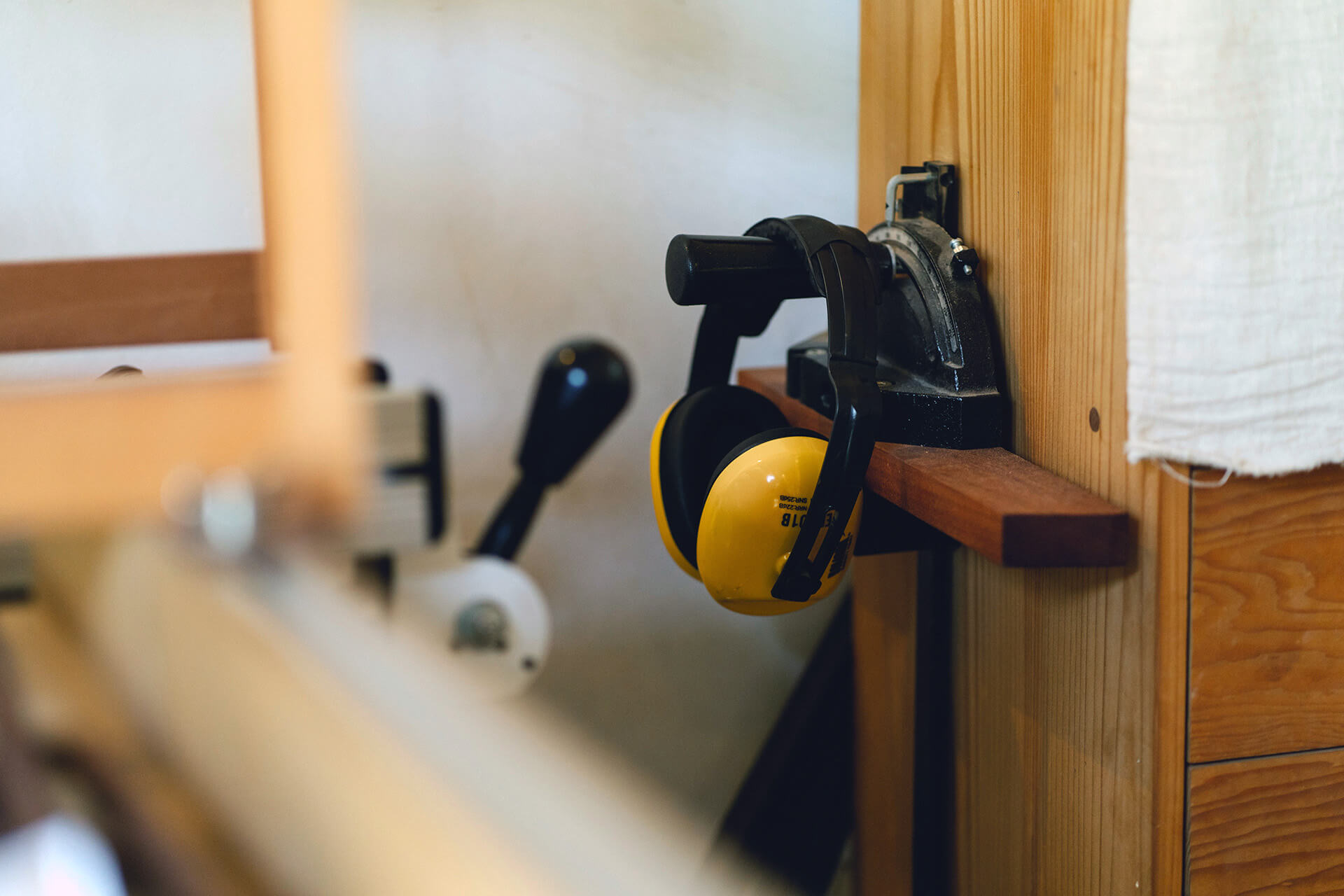Hearing loss can occur as a result of excessive loudness at work. Hazardous noise is present in the workplace for about 22 million Americans.
The National Institute for Occupational Safety and Health (NIOSH) recommends employees not be exposed to noise at a level of more than 85 decibels (dBA) for more than 8 hours.
Table of Contents
Start By Knowing Yout Workplace Noise Levels
Decibels are a unit of measurement for noise (dB). Noise can be quantified as an average level over time or as a maximum level in a single second.
Definitions: The average noise exposure level throughout an eight-hour day is the daily noise exposure level. If a regular conversation is difficult to hear at a distance of two meters from the person speaking, the noise level in the area is likely to be above 80 dB.
If you work in an environment where there is a lot of noise, it might be an issue if:
- You hear ringing or humming in your ears.
- You must yell to be heard by a coworker who is an arm’s length away.
- You have a temporary hearing loss when you leave work.
To assess the noise levels in a workspace, a variety of sound-measuring equipment are available, such as sound level meters, noise dosimeters, and octave band analyzers.
Noise at Work: What Are the Dangers?
The nerve endings in our inner ear die when we are exposed to loud noise. More nerve endings will die as a result of increased exposure and as a result, irreversible hearing loss occurs, which cannot be treated with surgery or drugs.
Noise-induced hearing loss decreases your ability to hear high-frequency noises and interpret speech, making it difficult to converse effectively. Hearing aids may be beneficial, but they do not restore natural hearing.
Employees can suffer from tinnitus and stress as a result of being exposed to high levels of noise, either continually or as a result of a loud bang from equipment such as cartridge-operated tools or firearms.
Hearing loss might be permanent if you are exposed to extreme noise levels for an extended length of time. High noise levels can also disrupt workplace communications, resulting in an increase in absenteeism.
Noise at Work: Effects and Signs
When you are exposed to loud noise for an extended length of time, your hearing may begin to deteriorate. Because noise-induced hearing loss is generally gradual, you may not notice it or disregard the indicators of hearing loss until they become more severe.
Sounds may become distorted or muffled over time, making it difficult to understand others when they speak or forcing you to crank up the television or radio volume.
Hearing loss can be severe enough that you require hearing aids to help you hear, communicate, and engage more fully in daily activities as a result of the damage caused mixed with aging.
One of the most “frightening” effects of the loud workplace is Tinnitus. It’s characterized by ringing, buzzing, or roaring sensation in the ears or brain caused by loud noise exposure. Tinnitus may fade with time, but it can also persist permanently or intermittently throughout a person’s life. Tinnitus and hearing loss can affect one or both ears.
A transient hearing loss might occur after being exposed to an impulse or continuous loud noise for 16 to 48 hours. However, recent research suggests that even if your hearing loss appears to be gone, there may be long-term damage to your hearing.
Noise at Work: Prevention
Hearing loss caused by noise is the only type of hearing loss that can, fortunately, be totally avoided.
You can safeguard your hearing for the rest of your life if you understand the dangers of noise and how to practice excellent hearing health.
- Learn which noises at your workplace can harm you.
- When participating in a noisy activity, use earplugs or other protection gear (activity-specific earplugs and earmuffs).
- Move away from the noise if you can’t lessen it or shield yourself from it.
- Keep an ear out for potentially dangerous noises in the environment.
- Children who are unable to protect their own ears should have their ears protected.
- Make your family, friends, and coworkers aware of the dangers of excessive loudness.
- If you believe you could have hearing loss, get your hearing checked.
Hearing Loss Workers Compensation
Over 2.5 million workers’ compensation claims have been lodged since 1911. Hearing loss workers’ compensation claims are currently the third most common occupational sickness claim.
Workers’ compensation payments for hearing loss are generally unknown, although they include hearing health treatment, which is frequently uninsured. While many health insurance policies and programs, such as Medicare, do not cover the cost of hearing aids, workers’ compensation does. It also covers hearing loss handicap, just as it does for loss of vision or other afflictions.
Always feel free to ask Johnson Law Offices about the process, the law, or an individual case. The legal, medical, and audio-metric questions that come into play in a hearing loss workers’ compensation claim can be complicated.
The claims require attention to detail mixed with an ability to work well with hearing-impaired retirees and their families, especially spouses, and their hearing health care professionals.
Sources
Contact Us
If you, or anyone you know, worked in noise and suffers from hearing loss, please do not hesitate to contact us.
Contact Us


